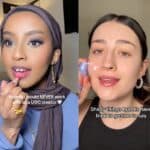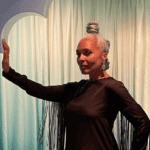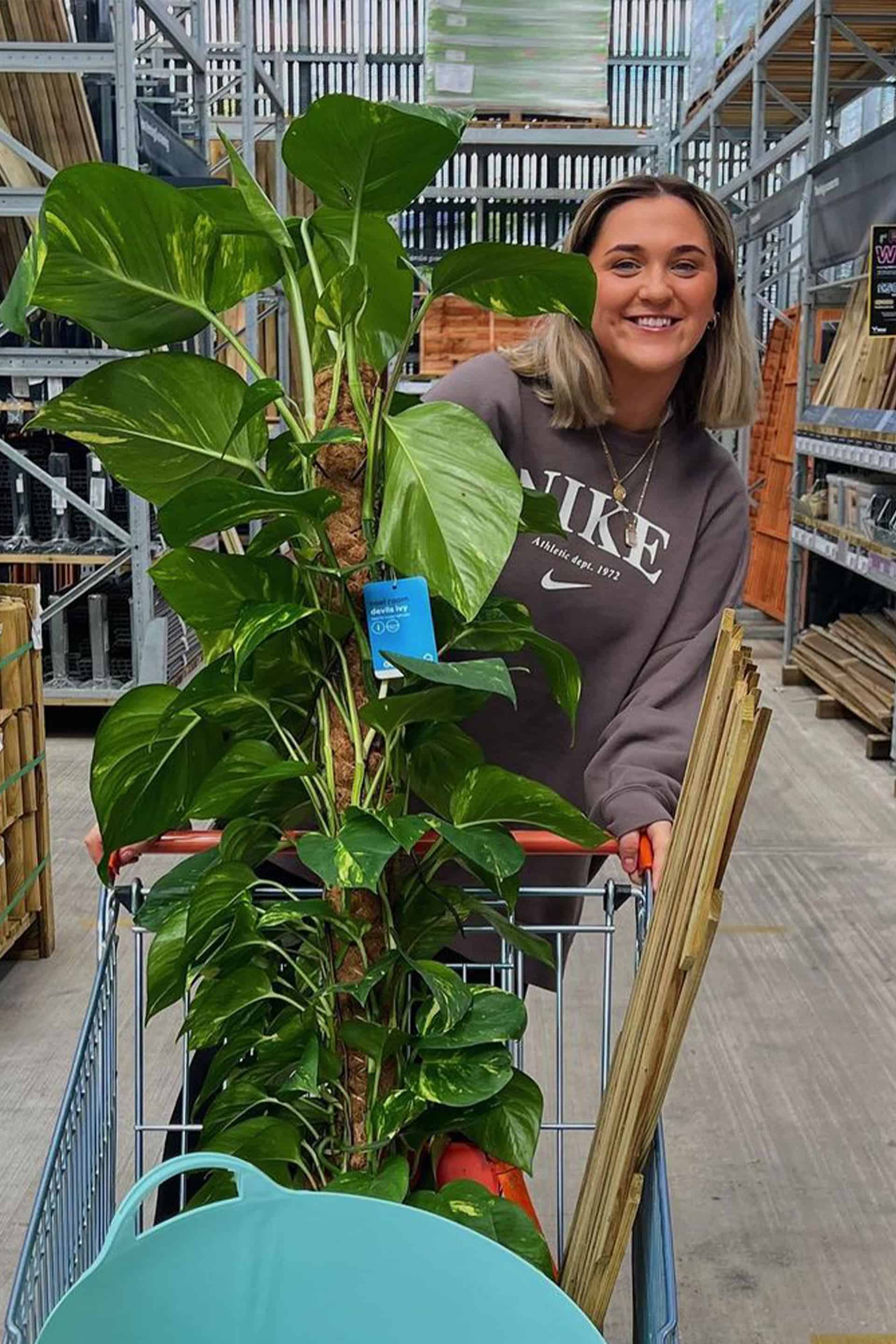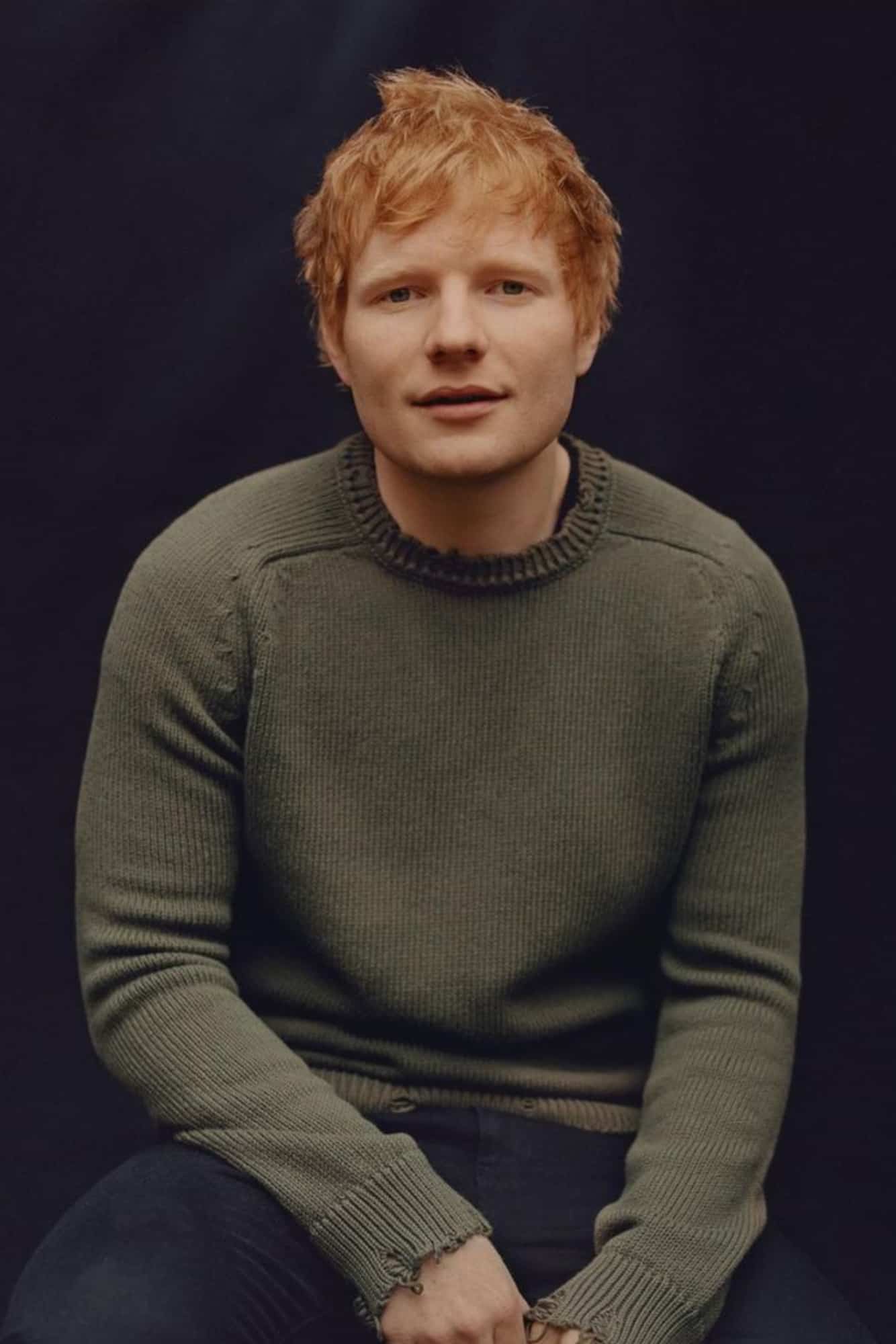The most prolific influencers in the UK remain the early adopters of YouTube. However, there is growing evidence this group of creators are not translating for the TikTok audience.
Firstly, there was Lydia Millen’s 2022 trip to the Savoy Hotel which she claimed was a reaction to her broken heating. TikTokers were so appalled by her flippancy during a time of economic crisis that hundreds of reaction videos quickly emerged and mainstream media even covered the backlash.
Similarly, Emily Canham’s vlog documenting her “hard day” because she forgot her wallet released a tidal wave of sarcasm. See creator Shabaz’s reaction video here. Suzie Bonaldi got dragged for making a faux pas over a Zara coat and Amelia Liana faced the wrath of Selena Gomez’ fans after she criticised Rare Beauty. The list goes on and believe me, gets more ridiculous.
You may also like
It’s uncomfortable to see the people who built the UK influencer space falter so visibly. After all, they are doing exactly what has brought them success on other platforms. For many brands, these creators represent professionalism and safety – they are reliably commercial and skilled in connecting with consumers. Why is TikTok going wrong?
The main reason is users are participating in their content through reaction videos, meaning negative sentiment about their work is being spread across the platform rather than being confined to influencers’ own pages. This takes any gaffe from being their followers’ news to being – in some cases – everyone’s news.
@amelia.liana beauty products i love but HATE the packaging so wouldnt repurchase SHAME #beautyreview #beautyproductsnotworththehype
Secondly, YouTube and Instagram have potentially not prepared influencers for the reality of TikTok. While the spectacle of hyper luxury has become common place and accepted on these platforms, TikTok is quirky and low-fi. Humour, wholesome vlogs and relaxed relatability are currently performing well. Wealth has to be conveyed in an accessible context.
Consumer distaste for influencer extravagance has always existed in the comments sections of YouTube and Instagram, but this was contained. It was easy for creators to ignore this and in some cases, routinely delete. On TikTok, content is re-edited to take on a life of its own. The first era of influencers are used to viewers not participants.
@shabazsays #duet with @Emily Canham honestly don’t know how I got through it 🥺😭 #povvogang #funny #comedy #react #reaction #fyp #foryou #foryoupage #commentary #trending #viral #rich #richlife #money #asmr #harrods #shopping #money #chanel
The takeaway? Finding native TikTok influencers is more likely to result in content which is instinctively appropriate for the mood of the platform. The highly reactive nature of the audience means a slight mis-step can result in a trending drama. Those who have built their followings there understand this and are actively trying to avoid adopting a style or tone that may feel too reflective of Instagram or YouTube.
Alternatively, those first era influencers must approach TikTok with content that is less glossy and more off the cuff. This is what Anna Newton has done, and to great success. After her first video about deinfluencing, she was called out for misunderstanding the concept. But then she made a follow up, admitting it had gone over her head. TikTok loved this, praising her honesty and thanking her for being real.
@theannaedit Five hyped-up products that I’m not a fan of! Take two of deinfluencing TikTok – hopefully I got it right this time! And yes I’m wearina fleece that’s smeared with Ralph’s breakfast 😂 #Deinfluencing #productsiregretbuying #CharlotteTilbury #REFY #RareBeauty #jonesroadwhatthefounfation
Because that’s the thing with TikTok: users connect with creators most when they are unfiltered. Anything else risks a ripple of negativity and once a creator has lost control of their image on TikTok, it may be impossible to regain the narrative.
By Sara McCorquodale, CEO and founder of CORQ. Picture credit: Lydia Millen via TikTok.










Beauty’s biggest YouTubers are highly problematic yet always survive scandal